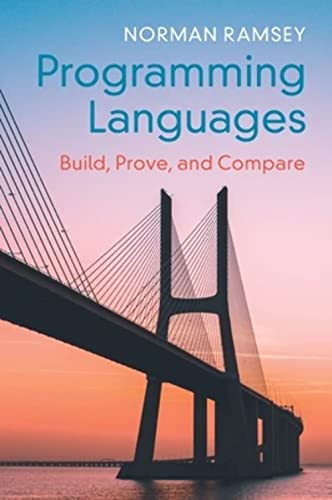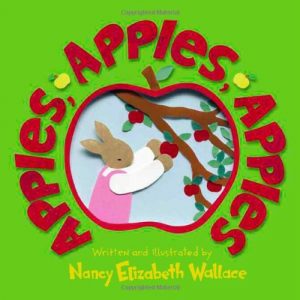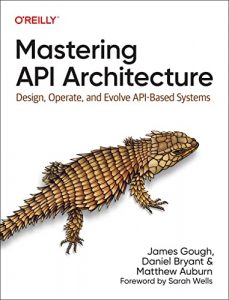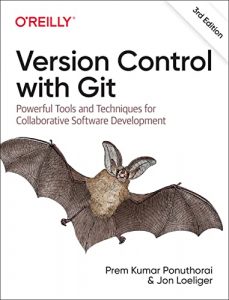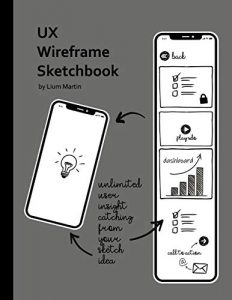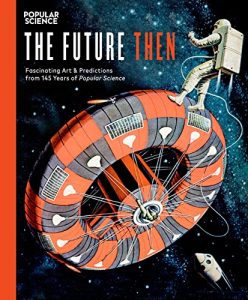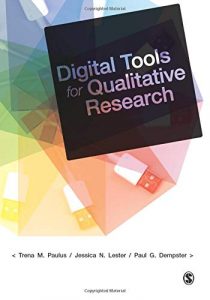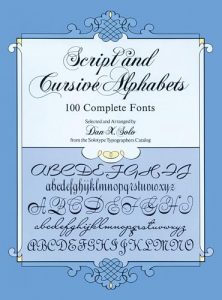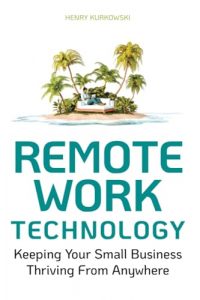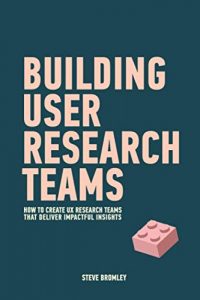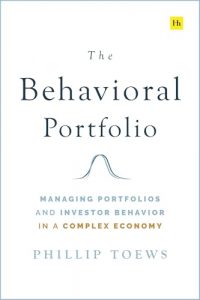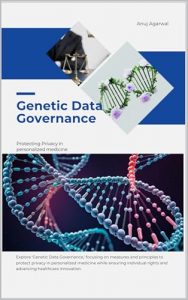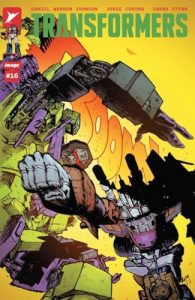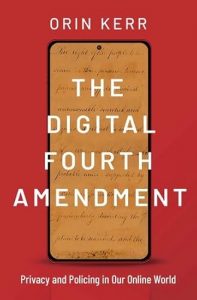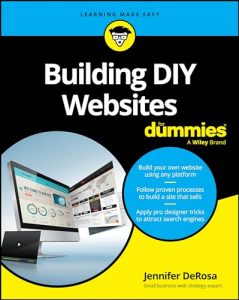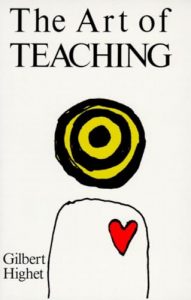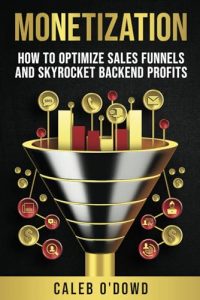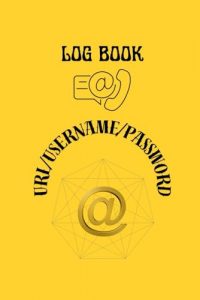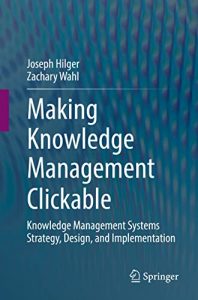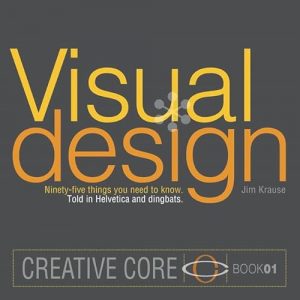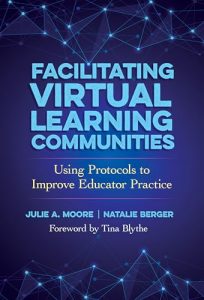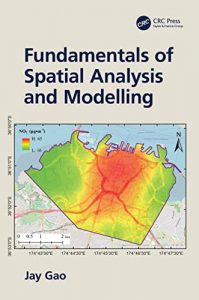The Essential Reads for Aspiring Programmers
If you’re eager to venture into the world of programming languages, there are several key texts that can provide the foundation you need. Each of these books offers unique insights that are invaluable for both novices and seasoned developers alike.
1. Programming Languages: Build, Prove, and Compare
Authored by Norman Ramsey, this book is a vital resource for anyone looking to deepen their understanding of programming languages. It emphasizes Not just theoretical aspects but also practical applications, making it easier for readers to build their own languages. It’s particularly beneficial for students and professionals aiming to engage in language design and analysis. The engaging content is suitable for both undergraduate and graduate students, ensuring that you grasp core concepts while being challenged intellectually. Whether you’re aspiring to be a language engineer or simply interested in programming paradigms, this book will guide your journey.

2. Types and Programming Languages (Mit Press)
Benjamin C. Pierce provides readers with a comprehensive examination of type systems in programming languages. The book covers an extensive range of topics, seamlessly blending theory with practical application. It’s perfect for graduate-level courses, but the accessible writing invites those outside academia to experience programming language concepts. You will learn how type systems influence both language design and implementation. This book is a must-read for anyone interested in understanding how types work and their implications for programming languages.

3. Programming Languages: Principles and Practices (Advanced Topics)
This enlightening book by Kenneth Louden and Kenneth Lambert unpacks the principles of language design alongside practical coding skills. It’s structured to engage readers with both concept and application, making complex topics digestible. Aspiring programmers will find invaluable insights regarding programming paradigms and will appreciate the hands-on exercises that bolster their learning. This text is indispensable for those who want to become agile in various programming practices.

4. Programming Languages: Principles and Paradigms
Written collaboratively by Maurizio Gabbrielli, Simone Martini, and Saverio Giallorenzo, this book bridges the gap between theoretical concepts and real applications thoroughly. The authors walk readers through various programming paradigms, making it easier to grasp the choices developers face in different contexts. This book promotes a holistic view of programming languages, allowing readers to think critically about their implications in software development.

5. Concepts of Programming Languages (11th Edition)
Robert Sebesta’s celebrated textbook brings a modern perspective to the field of programming languages. It covers both fundamental concepts and the latest programming principles, with an emphasis on how the evolution of languages influences programming. Rich with examples and practical exercises, this is essential reading for anyone looking to innovate in programming. The text is particularly well-regarded in academic settings and provides a clear and concise framework for understanding programming languages.

6. Practical Foundations for Programming Languages
Robert Harper’s book delves into core concepts that underpin all programming languages. Its rigorous approach balances practical exercises with a theoretical foundation that shapes foundational programming knowledge. Harper leaves no stone unturned as he guides readers through practical applications and theoretical frameworks alike. This book is ideal for those seeking a solid base from which to either learn new languages or deepen their existing skills.

7. Essentials of Programming Languages, Third Edition (Mit Press)
Daniel P. Friedman and Mitchell Wand’s work is indispensable for understanding the essentials of programming languages. The book combines practical examples with a thorough discussion of programming language theory. It’s structured in a manner that enables readers to grasp core material effectively, providing ample illustrative examples. This third edition is particularly updated with new materials that reflect recent advancements in the field, making it essential for current learners.

8. Programming Language Pragmatics
Scott Michael introduces this complex field with clarity and precision, making it one of the most popular choices for students and instructors alike. Programming Language Pragmatics highlights the interplay between programming languages and their constructs, providing an insightful look into how languages can be used practically. This book encompasses a wealth of information on language design, ensuring that readers understand the constraints and opportunities that different languages present for software development.

9. Concepts in Programming Languages
John C. Mitchell’s Concepts in Programming Languages opens up perspectives into various models of programming languages and their implications. Comprehensive in its approach, it explores the theoretical underpinnings that help explain language constructs, which makes this text an essential read for those serious about programming. The nuanced discussions encourage critical thought about programming language choices and the impact of various paradigms.

10. C Programming Language
Written by Brian W. Kernighan and Dennis Ritchie, this classic textbook needs little introduction. Known as the cornerstone of programming literature, it focuses on the C programming language, which has influenced almost every modern programming language today. Whether you are a complete novice or a seasoned developer, this book effectively communicates the basics of programming using C, engaging readers with its concise explanations and hands-on examples. It’s undoubtedly a classic that stands the test of time.


